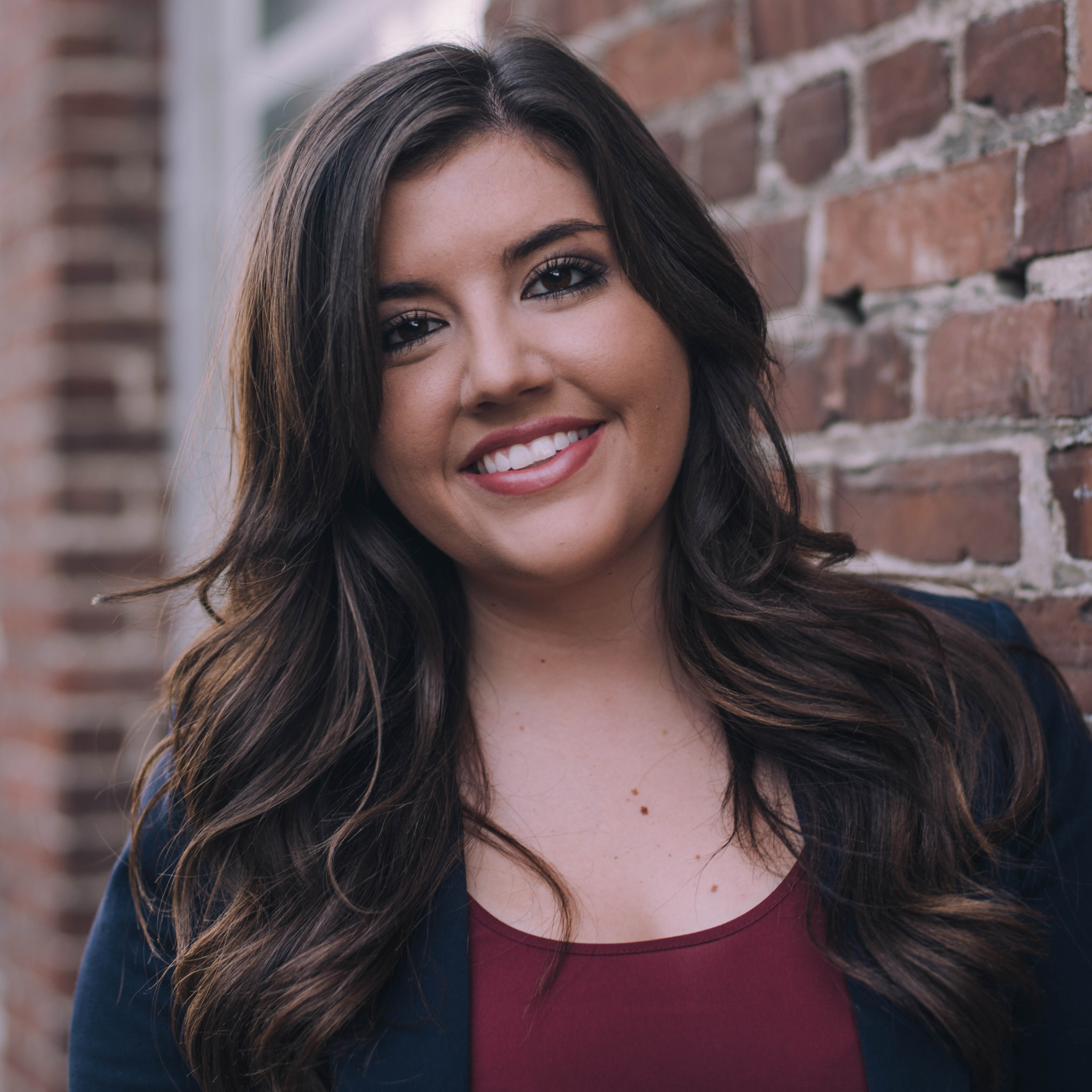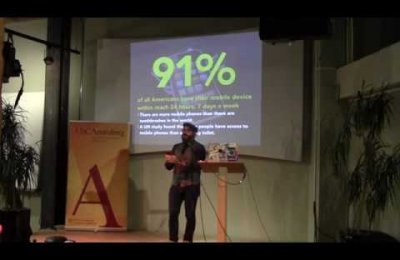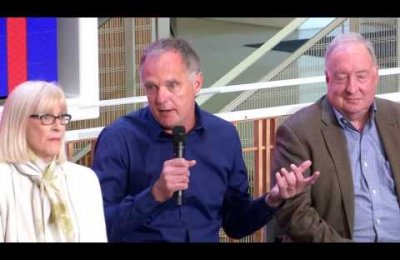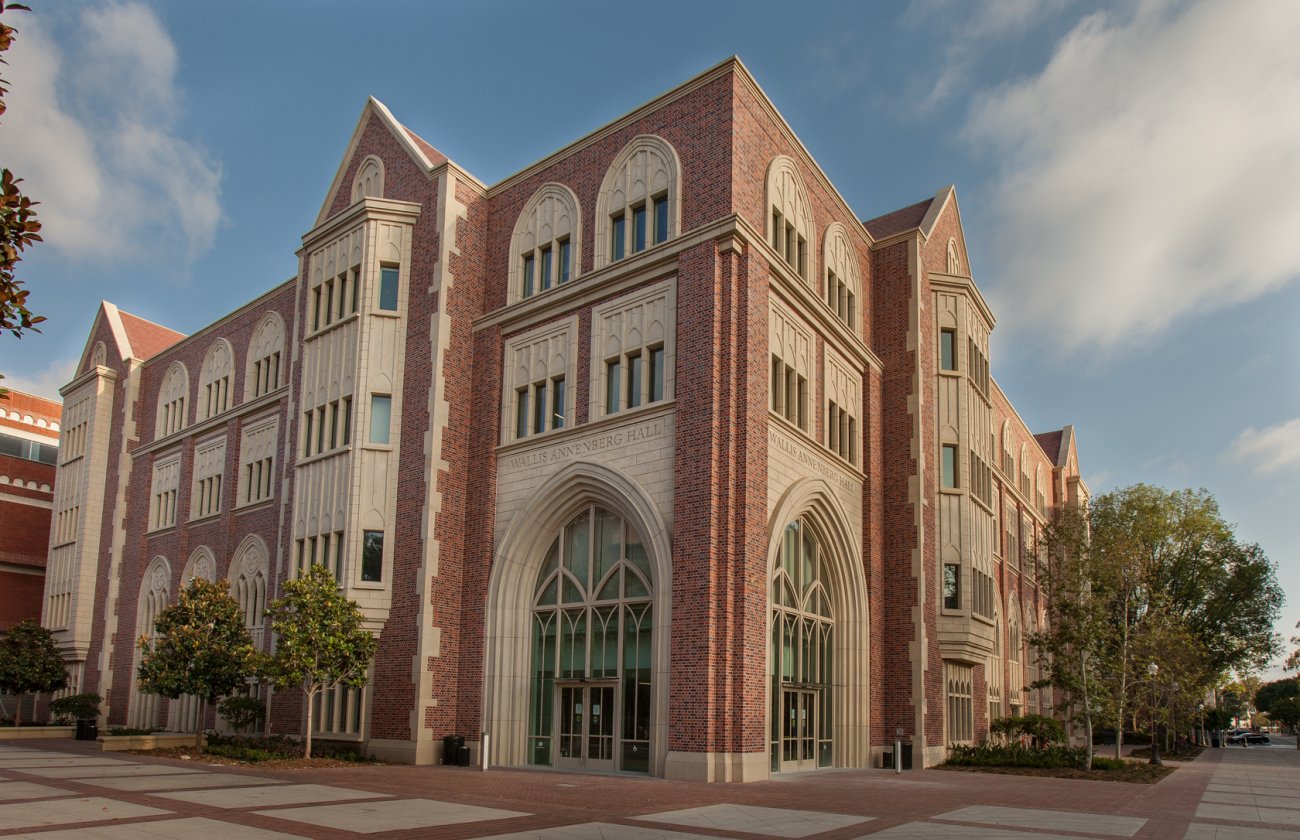At USC Annenberg, we don't just cover the news, we make it. "Quoted: USC Annenberg in the News" gathers a selection of the week's news stories featuring and written by Annenberg's leaders, faculty, staff and others.
Annenberg Professor Robert Hernandez was quoted in a story from American Journalism Review about “Yo,” an app that allows users to send quick notifications to other users.
News organizations such as the Washington Post have been experimenting with the app, notifying subscribers whenever a story about the National Security Agency is published. While Hernandez said he is “in favor of innovation and experimentation,” he thinks the Washington Post wasted an opportunity.
“They could have used the Yo notification for something bigger, like whenever an unarmed person dies at the hands of the police, or every time somebody is killed with a gun,” Hernandez said. “The amount of Yo’s would really send a certain message.”
The Real Social Media Battleground
Annenberg Professor Philip Seib wrote an Op-Ed for the Huffington Post about the Gaza War and the claims made by Hamas and the Israel Defense Forces.
The government closely follows the messages being exchanged, but Seib wrote that they should instead be following the conversations on social media spurred by these declarations.
“This is the layer of online conversation where political viewpoints become strengthened or weakened,” Seib wrote, adding that “give-and-take dialogue among those who regard each other as credible builds opinion and perhaps leads to political action.”
He added that after more than 10 years of facing Al Qaeda, we should know that “the mobilizing capabilities of the online world are underestimated at our peril.”
After the Islamic State beheaded American journalist James Foley, the video was posted to YouTube and the New York Post used a still shot for their front page. The public outcry was so great that the video was taken down and Twitter suspended the accounts of people who shared it.
Annenberg Professor Robert Hernandez spoke with NPR’s David Greene about censorship and the distinction between news organizations and social media platforms. Hernandez said that as a journalist, he is against any and all kinds of censorship.
“I do believe Twitter and others being proactive about censoring this information start to engage in a slippery slope,” Hernandez said, adding that they’re framing themselves as the “proactive editor determining what is good or bad for their users.”
In the New York Post’s case, it was their choice to include the photo and Twitter shouldn’t censor them, according to Hernandez. “It's their platform. It's their rules. But it is something to be aware of. It's something different.”
Medium published an open letter from Annenberg Professor and Innovation Lab Director Jonathan Taplin this week.
The letter addresses students in Taplin’s class, “Innovation, Entertainment and the Arts,” describing to them his generation’s “boomer disillusionment” as a result of political change (or lack thereof) and proposes imagining a future in which “great artistic work continues to flourish.”
“The bottom line is that the world has come a long way, but from my perspective, we’re also living in uniquely worrisome times,” Taplin wrote.
He added: “I’m writing this letter in the hopes that it will help set the stage for a truly cross-generational dialogue over the next sixteen weeks, in which I help you understand the contexts and choices that have brought us where we are today, and in which you help me, and one another, figure out the best way to move forward from here.”
The News Summer From Hell and the End of Optimism
Annenberg Professor Marty Kaplan wrote an Op-Ed for Jewish Journal about the onslaught disheartening world events this summer.
“If you’re staying informed, you’re licking the razor. Unfortunately, not following what’s happening in the world isn’t really an option,” Kaplan wrote. “These horrors seize our lizard brains; we’re hard-wired to pay attention to danger.”
Kaplan cites events such as the Gaza war, the Ebola crisis and Robin Williams’ shocking suicide as the reasons behind waning optimism in the world over the last few months.
“We who experience these events through the media are infinitely better off than people for whom they are life-or-death reality. But even at our remove, it’s hard not to feel beaten up and helpless,” Kaplan said.









